Herat is one of the four major cities in Afghanistan and the second biggest after Kabul, the capital.
The city has excellent architecture, as it is the most important cultural and artistic centre of the country. Also, because it is on the border with Iran and Turkmenistanit is strategically placed for industry and is therefore one of the largest industrial and commercial centres of Afghanistan.
The great river Hari flows next to the city. The inhabitants of Herat speak Farsi. Since 1991, many people have moved there from all over Afghanistan.
In addition to good fruit, the city of Herat has very good vines and is famous for its saffron. In general, the traditional foods of Herat are very tasty. Examples are Yitsbari and Yalour Tors.
Herat’s traditional clothes are handmade and sewn by women. Women’s clothes have patterns and flowers, while men usually wear a hat and traditional costume.
Ramadan is one of the months that is of particular importance to Muslims. It has been mentioned in the Qur’an and Muslims believe that in this month God forgives all sins. Everyone fasts during Ramadan, while Iftar gives people the opportunity to hand out food to the poor and those in need. They pray and read the Qur’an, ask for forgiveness from God, and cleanse their body and soul. Muslims believe that the Qur’an was revealed in the month of Ramadan and that during that month they are guests of God. In Herat, every evening during Ramadan, all the relatives gather around the table when the day’s fasting is over, they eat together and pray.
The end of the month of Ramadan is a great festival and in Herat people make special preparations for it. They clean their homes and buy sweets, wear new clothes and cook nice food. They go to the cemeteries and pray for their loved ones who are no longer with them. Some go to their grandparents’ homes and eat together. The end of Ramadan is a three-day holiday. During this time, families who have engaged daughters and sons make special preparations and send gifts and food to the bride and the groom.
Weddings in Herat
In Herat, the boy’s family decides how and when their son must marry. The groom has to ask the bride’s family for her hand and this is typically done three times. If the bride’s family does not give its consent, the wedding will not take place. The groom always takes flowers and sweets when asking for her hand. In some areas, the bride and groom do not see each other before the marriage. In Herat, they are allowed to talk together before the wedding.
If the answer is positive, both families will then go to the market to buy clothes and wedding rings. It is customary for the bride’s family to make some demands on the groom, such as to pay the “Mahr” and provide a dowry for the bride. If the groom agrees to the requests of the bride and her family, the first celebration, the “sweet feast”, takes place. Then comes the engagement to formalise the relationship, followed by the wedding itself. This is a huge feast, attended by many guests.
The Eid
Eid or Ghorban is the second most important Muslim festival. It commemorates the story of Abraham, when God ordered him to slaughter a lamb. At this feast, everyone in Herat goes to the mosque to say the Eid prayer, they then embrace and wish each other a long life. They buy lamb and sweets and go to their relatives’ homes.
Noruz
Noruz is an ancient festival. People buy new clothes and “Haft Seen” nuts and sweets as part of the preparations. Noruz lasts two weeks.
Zahra Habibi 17 years old from beautiful Herat:
I have many dreams, but above all I wish for peace and security in my country. I love my family and I wish the best for them.
Atefe Sarvari from Herat:
I hope the women in my country will be free and successful. I love my family and I wish them the best.
I hope to become a dentist in the future.
Problems exist, but they are not the end. Life goes on.
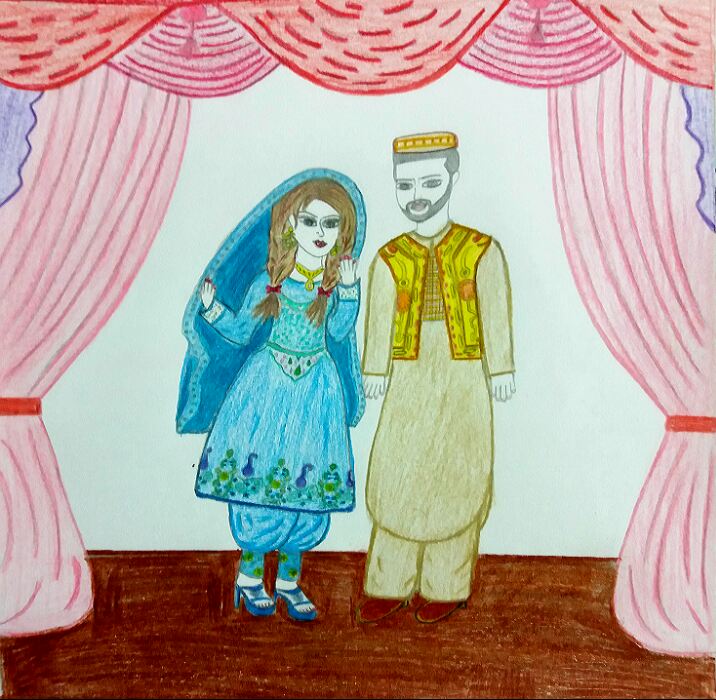

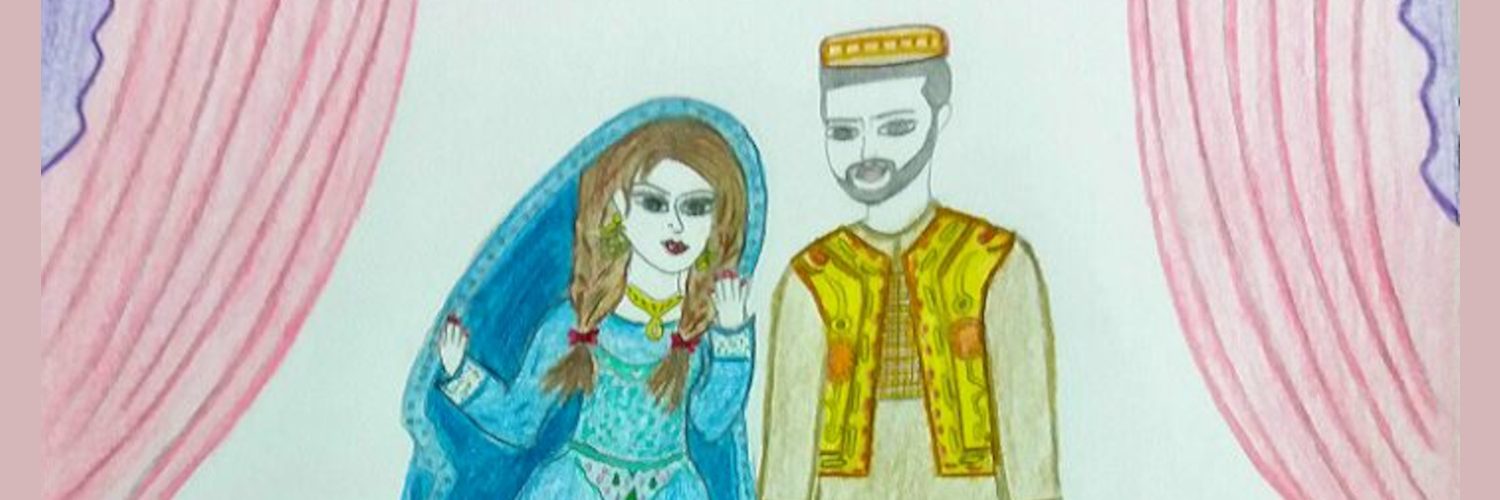
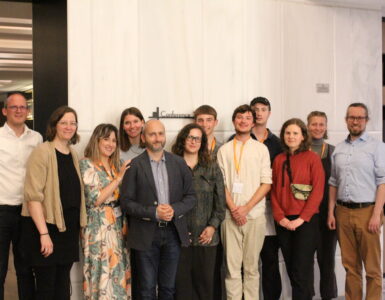
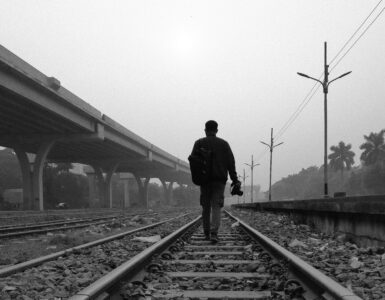
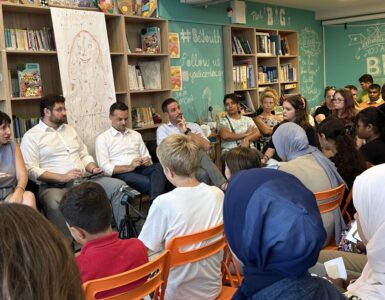




Add comment